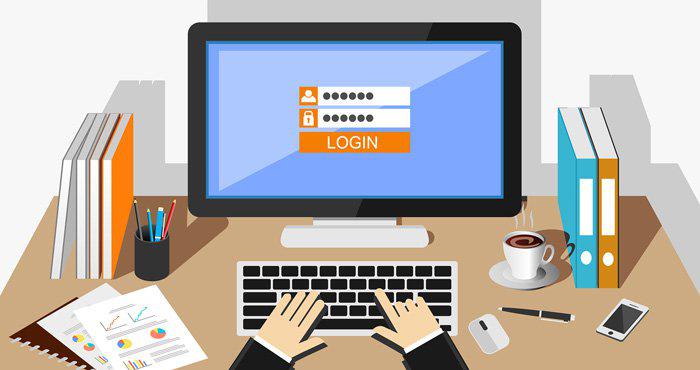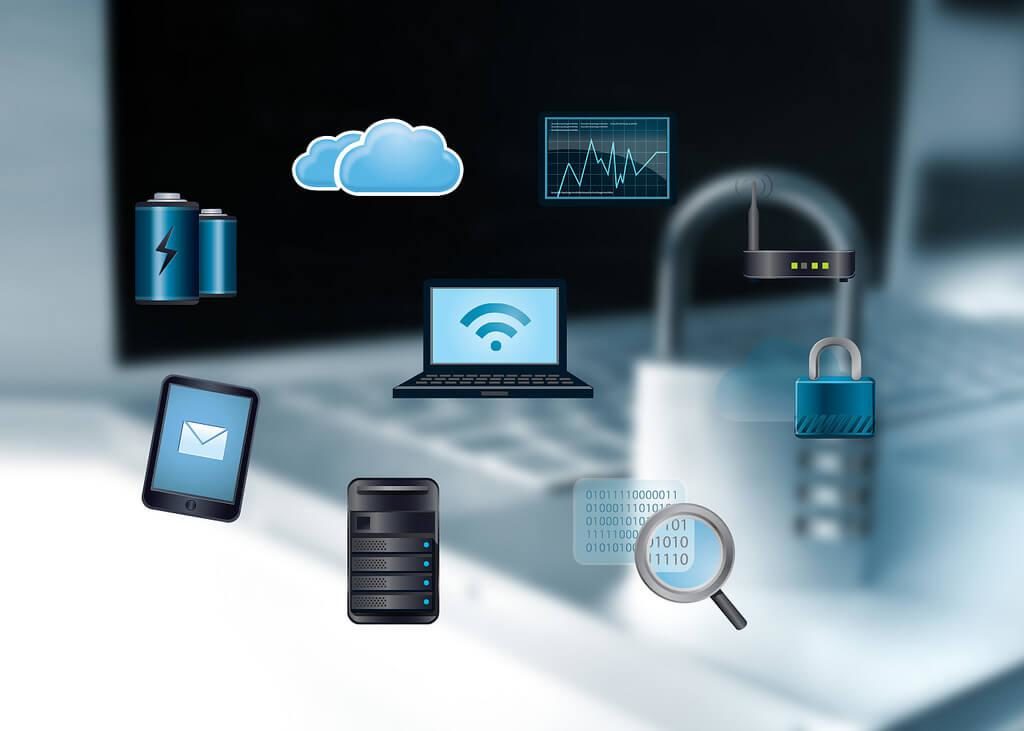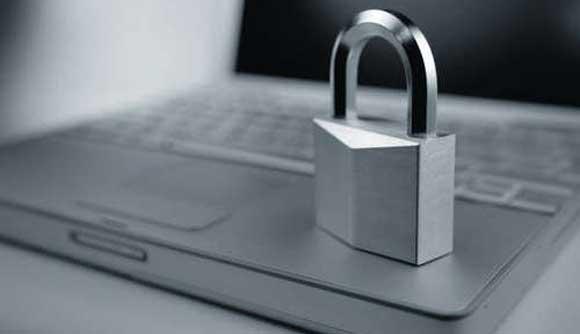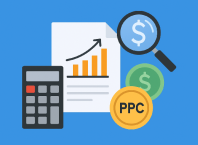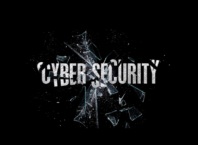Do you know of someone who has been a victim of a cyber-attack? These cases are prevalent in our society. They not only affect big firms and small businesses but also individuals. The technology evolution comes with high risks of data thefts and online frauds. You can, however, prevent yourself from such cases by boosting your online security. Start with implementing our tips below.
Contents [show]
Make use of a password manager
Do you often set the same passwords for all your online accounts? This strategy may help you from blocking your accounts, but it also makes it easy for a hacker to access all your personal information. Try to set different passwords that are complex on various sites. Avoid using consecutive numbers that are easy to predict.
Make your passwords long and not obvious. Complex passwords combining numbers, special characters, lowercase, and capital letters are the best. You should aim at setting passwords that have more than twelve characters. It is hard for a hacker to generate different passwords that are set randomly.
A password manager can come in handy to help you formulate strong passwords that are hard to track. It can boost the security of your online accounts. A password manager such as LastPass is a useful option as it analyzes and evaluates password ideas. It can also inform you if your password is weak and give you suggestion on a good password.
With a password manager, you don’t have to keep on memorizing the different passwords you set since it does this on your behalf. It organizes all your passwords on your applications, social networks, and devices.
Ensure you update your accounts’ information
Your most crucial accounts should always have correct details such as phone number or email address. Updating your information makes it easy for you to recover your account successfully when it is necessary.
Your computer should also be up to date. Updating the operating system can also boost online security. To avoid forgetting this step, ensure that you turn on automatic updates. You should also make use of the latest versions of the operating system. The browser that you use should also be up to date. This increases safety when browsing the net. Turn on the auto update option if you are using internet explorer or chrome.
Use the verification mechanism
Utilize two-step verifications. The system gets activated when you access one of your accounts from a different device. You will receive a notification that alerts you to enter a code for you to access the account. This verifies that the owner is the one trying to access their account on another device and not a hacker.
Take precautions when using public connections
We all like free things, and public WIFI can save you some data charges. This connection can, however, compromise your online security. The connections on regions such as a public library, airports or stations are usually not protected or secure. It increases the risk of data theft. Before using a public connection get a private network from Best VPN to boost your privacy.
Customize your privacy settings
Different sites may have various privacy settings. Reviewing them ensures that you are sharing your information with the right target. Go through the privacy settings of different social networks and make the necessary adjustments to boost privacy. Be careful with social media platforms to avoid jeopardizing your information. You need to control the kind of information that is available to the public on these platforms.
Always back up vital information
Online platforms give us the opportunity to preserve and share personal information. You can, however, lose data if you don’t have a backup. Anything that is crucial to you whether it is your documents, videos should be backed up either through the cloud or using an external hard drive.
The step can prevent you from hardware failure or cryptolocker malware. You can use google drive to back your information in the cloud or drop box. Seagate backup is also an external hard drive that can save you from losing important data. Your business details need periodic back up to maintain its integrity.
Secure the computer
Your firewall and antivirus should be working accordingly. Get a reliable antivirus that can secure your computer without any problems. If it is expired, do not delay before buying the next one. Also, regulate the authorizations you give to different apps. Some applications may request for your approval to access things like your contacts, camera or microphone. Be keen on such details and do not provide authorization to apps that don’t function accordingly.
Pay attention to your browser’s security warnings
Most of the time, we overlook the warnings on our browsers. Every browser notifies you before you visit a dangerous website. It is advisable not to ignore this warning, instead, wait for the site to be cleaned up before visiting it. Your antivirus or browser can also notify you if a program you intend to download is malicious. Respecting this warning can boost online security.
Be careful with attachments
Sometimes, you may receive a lot of external files or email attachments from unknown senders. Not all attachments are useful; some may be suspicious. If you suspect that an attachment is not genuine, trash it immediately before opening It. Be keen on handling emails from institutions such as banks. Do not confirm your credentials if you get such a request from an institution. Such request should tell you that the email may be malicious.
Take care when making online payments
This is an area where most people become victims of hackers and end up losing their hard earned cash. To avoid this, do online purchases using a prepaid card and not the traditional types. Double check the website before making the transaction.
You should also use M-banking services and email notification that allow you to keep track of your bank account through your phone or email. They can tell you of any malicious transactions fast. Avoid saving your account information on websites, but manually enter the information every time you want to make a purchase.

